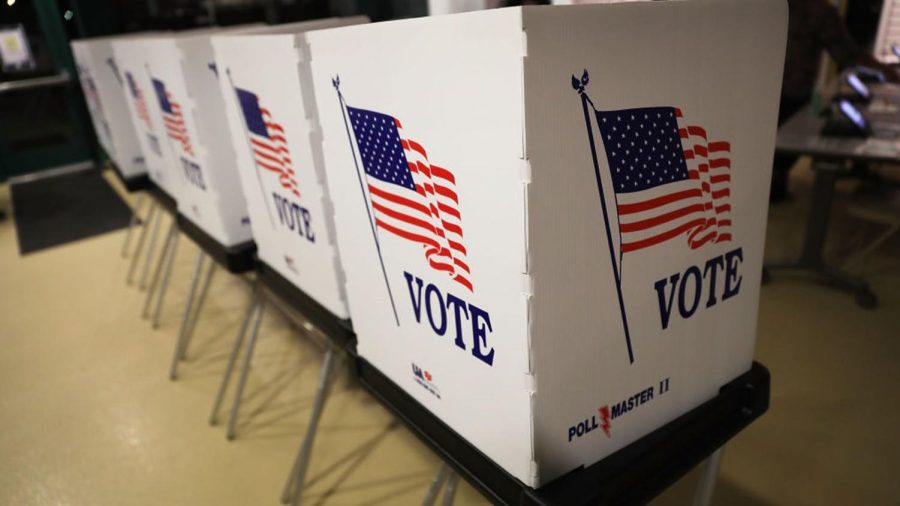As midterms approach, students must choose where to cast their ballot
Many Wake Forest students choose to cast ballots in North Carolina, given its status as a swing state
Many Wake Forest students will cast a ballot in North Carolina.
October 19, 2022
With Election Day less than a month away, many out-of-state Wake Forest students must decide the state in which they wish to cast a ballot.
On campus, this has forced out-of-state students to analyze which specific political candidates and localized issues deserve their vote the most. With the option to register in North Carolina, students have the opportunity to influence the outcome in a swing state and potentially alter the partisan balance of Congress.
However, many factors have widely influenced the decision of where to vote among the student body.
For those who made the choice to vote in their home state, the decision often came from a place of convenience.
“I registered to vote in Pennsylvania on my 18th birthday and have just kept my registration there since,” sophomore Sydney Pasceri said.
Others decided based on a tie to local politics.
“I’m more invested in the politics of Maryland,” junior Jack Linde said. “I grew up there, and I understand the issues more.”
Alternatively, for those who have registered to vote in North Carolina, the decision often came down to where they believed their vote mattered most.
“Although I’m from Georgia, I vote in North Carolina because down the ballot, more seats are considered ‘swing’ seats, so I made the decision to vote here instead,” junior Lindsay Tucker said. “Also, voting in North Carolina is much more convenient for me and motivates me to vote since the decisions made here impact my life more than in Georgia.”
“I decided to register in North Carolina,” junior Hasan Pyarali from New Jersey said. “I just looked at where my vote will have the most power this election.”
Some students, like sophomore Collyn Ballentine, chose to vote in North Carolina based on their stance regarding a local politician or issue.
“I chose to vote in North Carolina instead of Maryland,” Ballentine said. “I am very strongly opposed to Republican candidate Ted Budd’s stances on environmental policy, abortion, interracial marriages and same-sex marriage. I feel responsible as someone who believes in protecting equal rights and protecting the environment to vote against Ted Budd because his policies go directly against everything I stand for.”
Others cast a local ballot with the understanding that their vote would carry little weight in their home state.
“Previously, I would have preferred to vote in the election of where I live, because I think it is somewhat wrong of me to impose my beliefs on people who live in this state full time,” Ilan Nurko, a junior who is registered to vote in California said. “However, I think not voting in North Carolina could have national and worldwide impacts.”
Wake Forest is home to more than 5,000 out-of-state students, making up 67% of the combined graduate and undergraduate population on campus, according to the Wake Forest Fact Book. Wake Forest is a comparatively politically active campus as well. According to the National Study of Learning, Voting, and Engagement (NSLVE) Report, Wake Forest boasted a voting rate of 78.2% in 2020, up 29.9% from the 2016 election. This number notably surpasses the national institution voting average of 66%.
With the Nov. 8 election approaching quickly, students who have not yet made a plan to vote can still register in the state of North Carolina. More information on voting can be found on the Office of Civic and Community Engagement’s website.






















